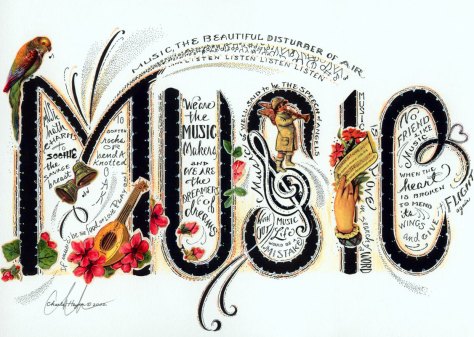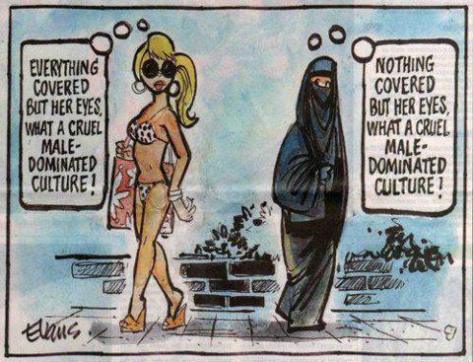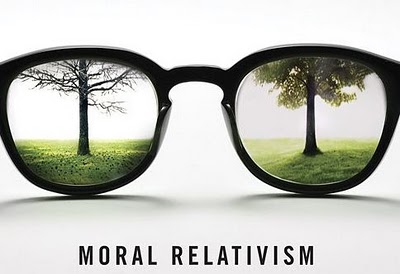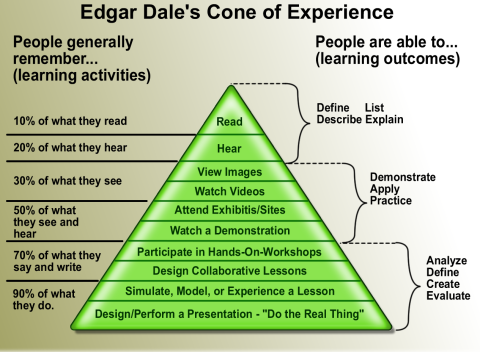PLANNING:
1.Ethical judgments limit the methods available in the production of knowledge in both the arts and the natural sciences. Discuss.
Introduction: (200 words)
- Which WoK, AoK?
- Interpret Q
- Summary to how essay will be structured – real life situations etc
- What I plan to find out at the end of essay
First paragraph (300 words)
- Support with a real life situation such as the Tuskegee syphilis experiment (Unethical testing on a selective race)
- This prevents us from gaining information as we are not allowed to test on humans and on specific races, therefore limiting production of knowledge in area of natural sciences
Counterclaims:
- Because testing on humans have been viewed as unethical, people are being innovative and coming up with other testing strategies such as testing on mice and plants to achieve knowledge
Second paragraph (300 words)
- Support with another real life situation such as the perception of tattoos, and what may seem as to a work of art to some may be seen as an unethical to others
- These perception and labels as unethical due to individual and community judgment limits the production of knowledge in area of arts
Counterclaims:
- Show a different pov where art is ethical in production of knowledge. For example, through the photo of the “Napalm Girl” – initially viewed as unethical due to nudity, however ultimately helped to change the US public opinion against war due to cruel acts being committed in Vietnam
- Art involves emotion, and is of an individual expression, and people are entitled to hold their own opinion
- Explain how this is similar to “beauty is in the eye’s of the beholder”
Third paragraph (300 words)
- Real life situation regarding stem cell research (genetic engineering) and how this use alterations in the natural human genetic make up is viewed as unethical
- Bring in religious pov, such as how this is an act of playing God
Counterclaims:
- Explain how even though this act may seem unethical initially, the benefits of the success of stem cell research is much more
- Explain how it will save a lot more lives (to look at the bigger picture) and that people who are being experimented on are already due to death due to disease and such.
Conclusion (200 words)
- Explain what I think
- Link with other WoK, AoK, and explain how they interrelate
- Relate to a bigger picture, and how ethical judgments in everyday life limit production of knowledge in other AoK other than arts and natural sciences.
Resources used:
















